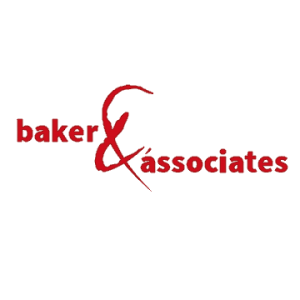
The reason that so many individuals feel that a Chapter 7 bankruptcy is best for them is that in a Chapter 7 bankruptcy there is no repayment, versus a Chapter 13 bankruptcy which requires you to pay back your debts over a 3-5 year period. While Chapter 13 bankruptcy does have its unique advantages, if you’ve consulted your bankruptcy attorney and Chapter 7 bankruptcy is the best for your financial situation, there are some expenses that can help you pass the Chapter 7 means test.
Tax obligations, for example, can be used to offset high income in an effort to pass the means test. Additionally, any involuntary deductions such as retirement plans, uniforms, and union dues are expenses that can help do the same. You can also subtract money you spend on health, disability, or term life insurance on the means test. If you are looking for further expenses that can be deducted from your income on the Chapter 7 means test, the following can also be used for that purpose:
- Money to Charities
- Child Care Expenses
- Child Support
- Alimony
- Secured Debt Payments
If you have other kinds of expenses not listed here that you are curious as to their effect on the Chapter 7 means test, you should bring the information to your Houston bankruptcy attorney and ask if you can deduct their costs in an effort to help you pass the test and have your debts discharged in a Chapter 7 bankruptcy.
